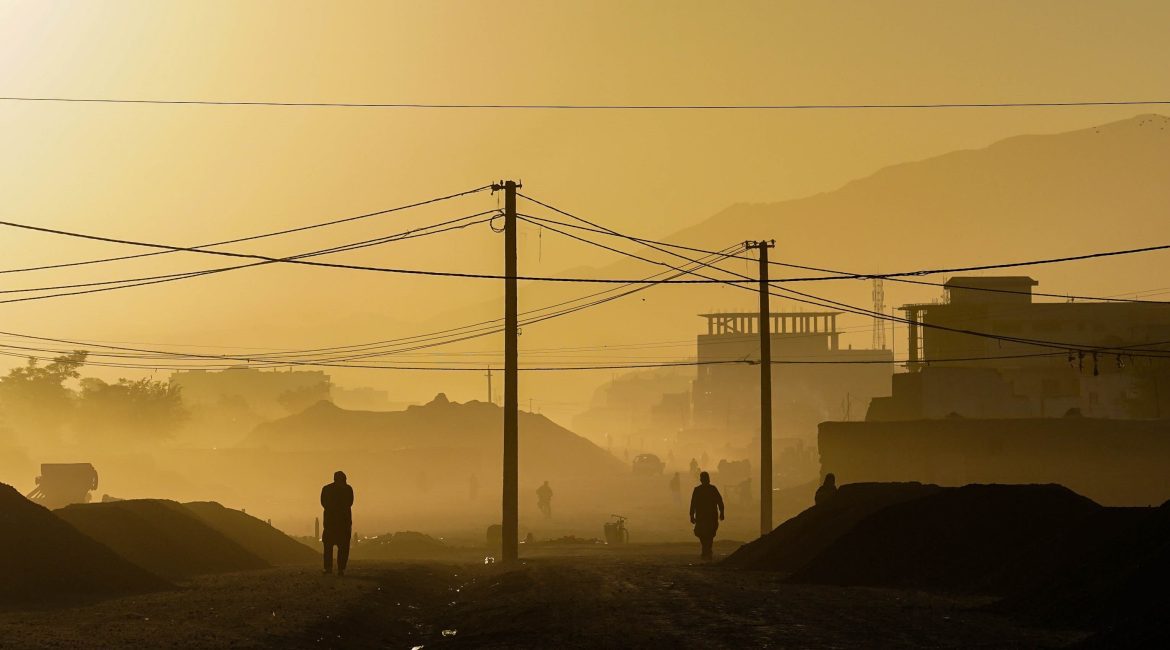Will Al-Qaeda continue to abide by its decision to stop its Afghanistan operations despite the killing of its leader, Ayman Al-Zawahiri, in an American strike a few weeks ago? This question is being raised after the organization, this month, republished its previous position to stop its terrorist attacks against Americans from Afghan soil, which would spare the Taliban the embarrassment it might face as a result of harboring members of a terrorist organization. This came despite Al-Qaeda's continued ignoring of the United States' announcement that it had killed Al-Zawahiri with a strike carried out on July 31, by a drone, on a safe house, where he was hiding in the Afghan capital.
And the latest issue of the English version of the organization's "One Nation" magazine (the fourth issue of September 2022) stated that after the return of the "Taliban" to rule in Afghanistan, "we would like to reassure the Islamic nation that, despite the attacks directed against America, it has now stopped, starting from the Afghan land, the blessed jihad against the evil empire.” The magazine added that the organization will not stop its operations against "America and its allies", from other regions of the Islamic world, especially from countries it considers the target of attacks by the United States. Al-Qaeda had previously announced the cessation of operations from Afghanistan in the Arabic version of "One Nation" February, 2022.
The cessation of terrorist attacks carried out by Al-Qaeda seems to include only Afghanistan, given that the organization has branches and networks active in more than one country or region around the world, like in the African Sahel and North Africa, or the Horn of Africa (Al-Shabab), or Yemen, as well as in Syria.
The Taliban movement has repeatedly said, including in the Doha agreement with the US administration in 2020, that it will not allow its territory to be used again as a launching pad for attacks against any external party, in reference to Al-Qaeda's use of Afghan territory as a launching pad for the September 11, 2001 attacks against United State.
However, this Taliban pledge faced some skepticism, especially in the wake of the Americans' disclosure that Al-Zawahiri was living under the protection of the movement, specifically its powerful branch, the "Haqqani Network", in an upscale neighborhood of Kabul when he was killed, something that Al-Qaeda has not confirmed until now. It should be noted that the organization distributed recently a new video tape of Al-Zawahiri as part of a series of issues, previous parts of which were broadcast in the past months, which means that the new episode was previously recorded and it is not a new one.
In the wake of the US strike, the Taliban said that it had not found Al-Zawahiri's body in the house targeted by the drone strike, noting that US officials said at the time that members of the "Haqqani network" came to the house and moved the Al-Zawahiri family to another location and sought to remove any trace of being there. US President Joe Biden himself announced the killing of Al-Zawahiri, which means that the Americans are certain beyond any doubt that he was actually killed by the drone strike. It is not yet clear whether Al-Qaeda will appoint soon a successor to Al-Zawahiri, in light of the speculation that the new leader of the organization may be Saif Al-Adl (Egyptian), an old security leader in the organization residing in Iran. The name of Abd Al-Rahman Al-Mughrabi, another leader in the organization, is also widely reported as the new leader of Al-Qaeda. He is married to the daughter of Al-Zawahiri from his Pakistani wife, with whom he married after the killing of his family members while fleeing the American strikes in Afghanistan at the end of 2001.

